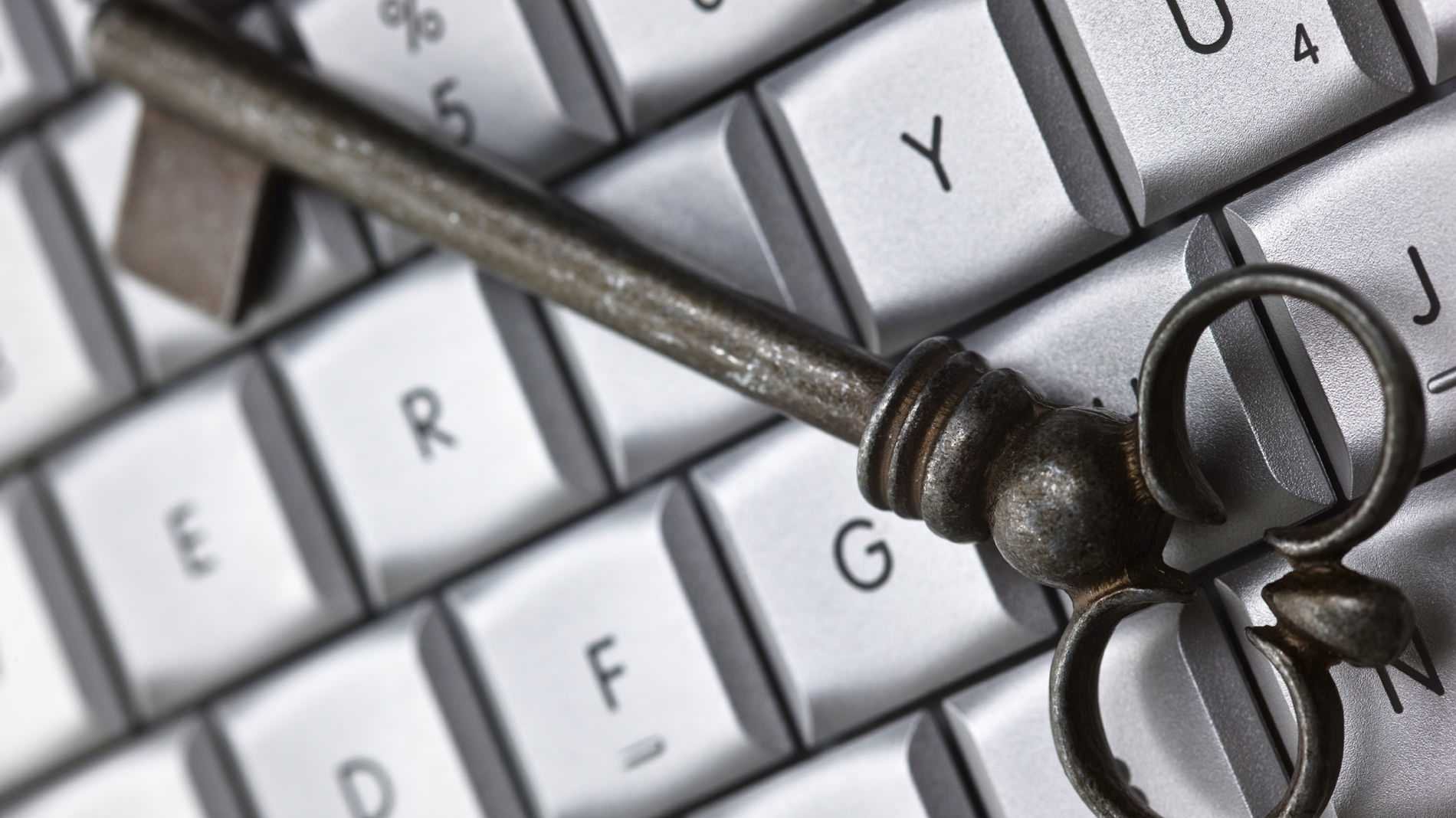Password is our personal property, it's worth our bank account and the limits of our credit cards together and yet we do not watch it like our ... eyes.
Ο λόγος για το password, τους codeς πρόσβασης δηλαδή που δίνουμε σε διάφορες ψηφιακές υπηρεσίες και ιστοσελίδες. Αν ο κωδικός αυτός πέσει σε λάθος χέρια, οι πιθανότητες να δούμε «ξαφρισμένο» τον τραπεζικό μας λογαριασμό αυξάνονται κατακόρυφα, ενώ στην καλύτερη περίπτωση θα βομβαρδίζετε με ανεπιθύμητα e-mail όλη τη λίστα των επαφών σας. Παράλληλα, το κενό security heartbleed has caused many to lose sleep, fearing the worst. However, there are a number of "countermeasures", which can help avoid the monsters, protecting their online property. More specifically:
- Avoid using "easy" personal information
In addition to the "classic" passwords, of the logic "12345678", there are many who use passwords based on personal information to make them easier to remember. Date of birth, car registration number, even home address or phone number are used as passwords precisely because the user can remember them more easily. However, this practice is known to those who want to know our password. So often the short numerals passwords it is "butter to the bread" of those who simply know the year and date of birth of the victim. Other aids, such as the names of pets or loved ones, are also easily detected by the intruder's research.
- Create a different password for each web page
Even if a code falls into the hands of labels, it is important that many applications or websites can not be "opened", giving us access to all of our data. Therefore, a good practice to reduce as much as possible the risk is that users choose as complex as possible, but also more so that they are different for each website they visit.
This means that even if a malicious software or an offensive hacker manages to intercept, for example, the facebook code, he will not be the same as his owner and his e-mail. So the damage is significantly reduced.
- Use password managers and "smart" algorithms
If the prospect of having a different password seems like a mountain to you and you don't want to "scramble" every time you go online, there is a solution. The "antidote" for those who cannot remember so many and complicated passwords is to use a password manager program, in which all passwords are stored and only one "master password" to access all websites.
Alternatively, if you do not trust these programs, you can use your own "algorithm" to remember the complex codes, which may be different per website. For example, if someone was born 1970, Facebook can use the code "f1970acebook" and gmail for the code "g1970mail", so they are different and easy to memorize.
- Compose codes from the first letters of a sentence
In the same vein, and in order to create the appropriate code, with a combination of pedestrians and capitals of digits and special characters, you can make use of a proposal. For example, if you do not want to understand your rationale, you can use the first letters of the sentence "Today, on January 29, I create a secure password with at least 20 characters". This will be translated into the code "Σ, σ29I, seXXXXXXX"
Obviously for the aspiring intruder it will be extremely difficult to guess this combination. However, you, having your original suggestion as a help, will be able to remember or compose it when you need to access that service or website.
- Do not reveal your password anywhere
Once you've managed to make the "supreme" password, it's just as important not to share it with the rest of the world. So, the password must be known only to you, not to reveal it to known or relatives, and not to mark it, at least in a prominent place. It's also a good idea to avoid saving the password from the apps themselves. This is because it is not always certain that the password is stored in secure coded form. Some programs store unencoded passwords in plain text in the system, allowing them to be read by any intruders.
- Install and update the antivirus regularly
Because even the most powerful code is useless if intercepted, an equally important method of protection is to install an antivirus on your computer, tablet, or mobile phone. At the same time, however, and beyond its establishment, it is necessary to regularly update and update the program so that it can address the most recent threats. An antivirus that was installed months ago and was not updated is virtually inactive, as malicious software improves almost daily.
Source: moneyguru.gr






